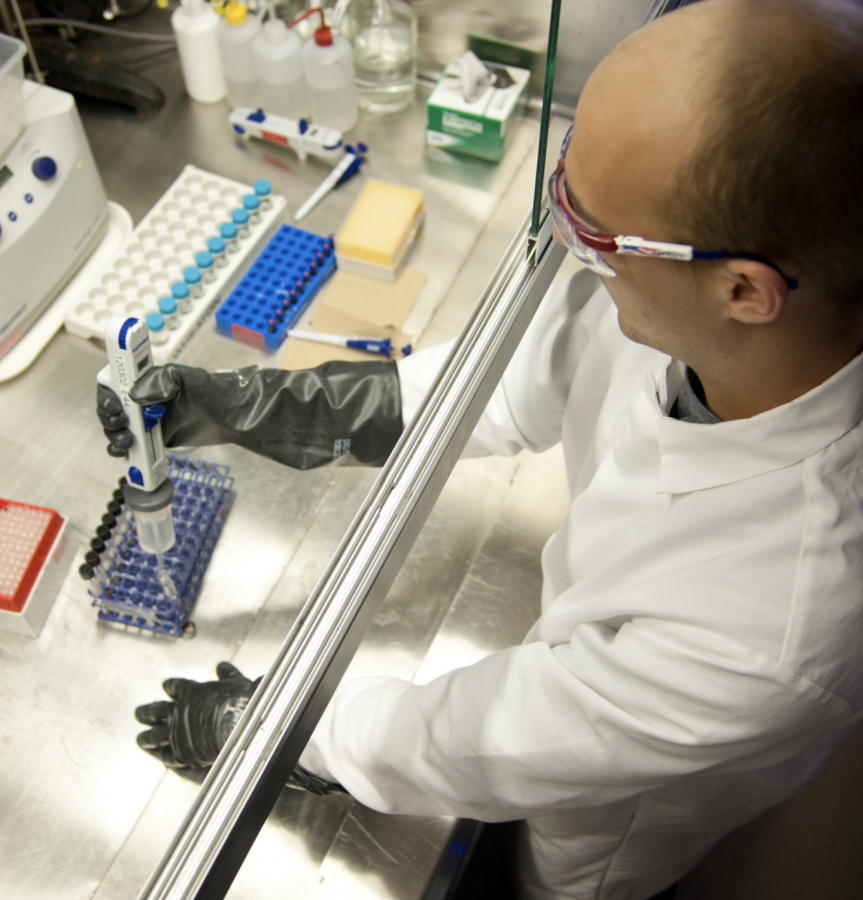If you’ve ever been worried about things like genetically modified food, there may be a new item in your grocery store that will have you raise an eyebrow: apples that do not brown. A Canadian company called Okanagan Specialty Fruits (OSF) has asked the USDA to approve just that.
Unlike most GMO’s however, the technology that this company implores is different. Instead of introducing a new gene into the apple, they will alter the existing apple gene. They way that they will do this is by “silencing” the gene that produces the enzyme polyphenol oxidase, which is the one that causes them to brown so quickly after slicing. OSF has already been testing this technology for five years, and so far they have been able to produce non-browning apples in varieties like Granny, Golden, Fuji, and Gala apples.
Not only will this GMO apple not brown after slicing, but there are also other positive things that may come from it. The company said that they are less likely to get scuff marks and finger bruises that come from harvesting and packaging. This could be good for places like supermarkets, which constantly have to throw away produce that isn’t chosen by their customers.
And then there is the issue of fresh apple snacks. Companies who are trying to “go green and fresh” often market things like Burger King’s “apple fries.” Currently however, the food service industry frequently rinses sliced apples in solutions of water and vitamin C, or lemon juice to maintain freshness and avoid browning. The problem with this however, is that is costly and can result in an off-taste.
Okanagan Specialty Fruits also cites that the genetic technology used to modify various apples would not only lower the cost of producing fresh apple slices for snacks, salads, and other meals, but would also benefit retailers and consumers. Their President, Neal Carter, also added, “We think that there is value in this product all the way along the value chain, growers, packers and especially the food service industry, where people are putting fruit in bags and on buffet tables and in salads.”
Since GMO’s have come into play, the USDA has considered about 100 petitions for genetically modified crops. However, the approval process can take years, and it is not certain that the apples will even be accepted, even after they pass government inspection. This is because there will always be critics of the process, and those who find it unnatural will always be opposed. The USDA recognizes this and said, “There is an ongoing controversy over the benefits and risks of this technology, and concerns about unforeseen consequences of its use,” says USDA.
Regardless, the two main concerns with the genetically modified apple is that people will be tricked into believing it is fresh, as well as, the concern of cross pollination. It is obvious that an apple that doesn’t brown could pose this problem. After all, for most places like supermarkets, it is all about the bottom line. If an apple that is pass its prime could still look fresh, there is possibility that they would still try to sell it. As for cross pollination, if planted in a field close to natural apples, the genes could get transferred.
Someday the apple may join the ranks of GMO’s like tomatoes, but until then, the non-browning apple is just another proposal on the desk of an USDA worker.








